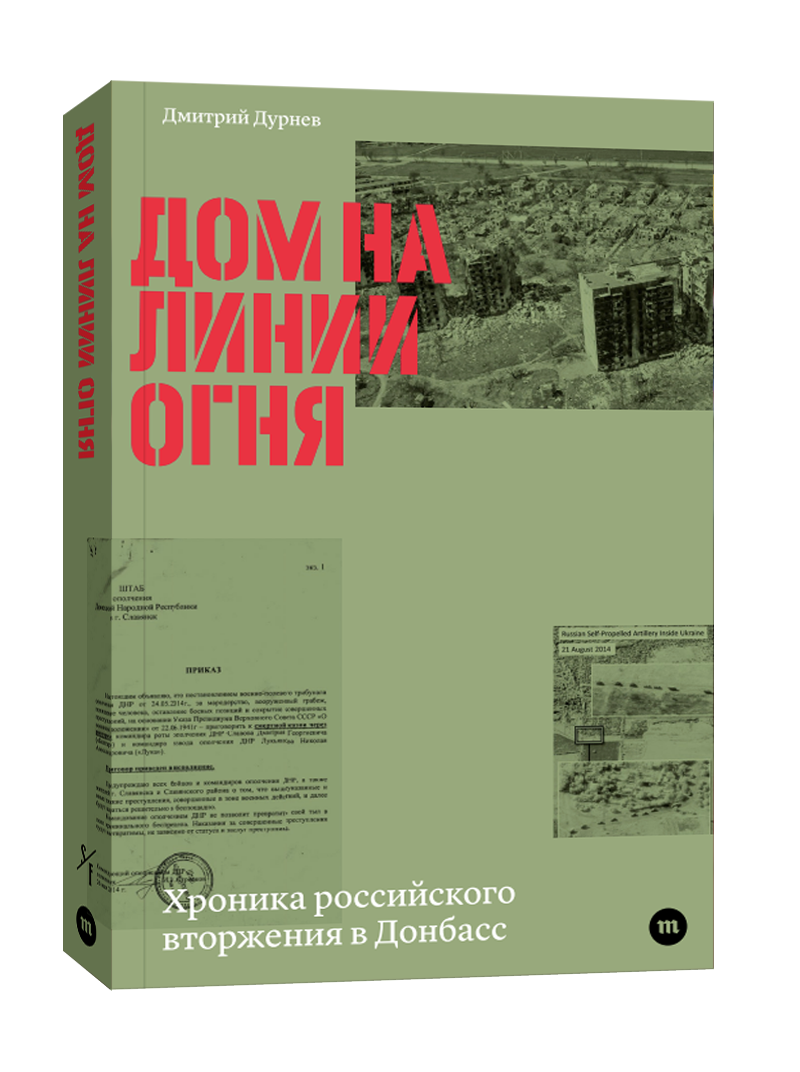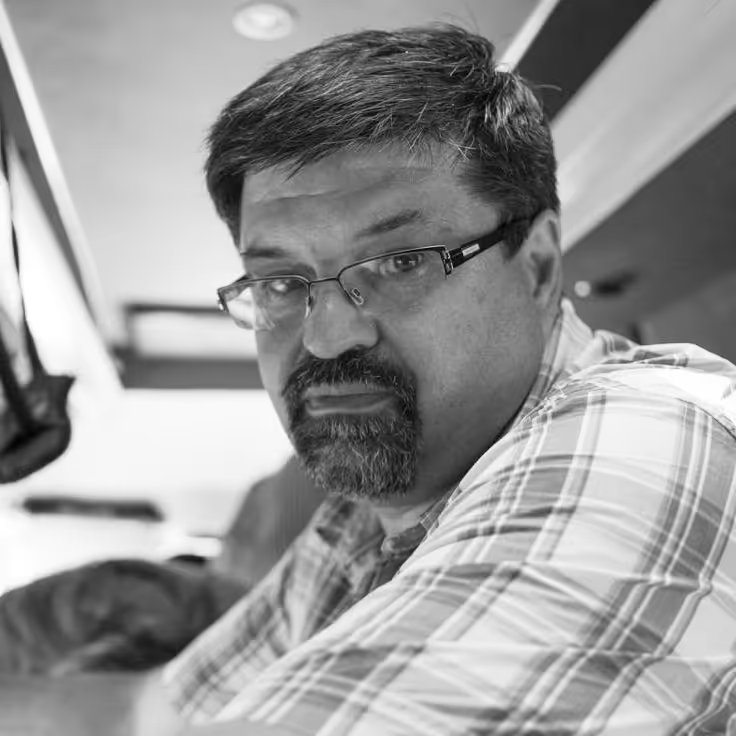Since February 24th, 2022, when Russia has begun a full-scale military invasion of Ukraine, Russian officials and propaganda have been condemning
the opponents of the war with a rhetorical question: where have you been for 8 years?
The question implied the hardships of Donbass, a mostly Russian-speaking region in eastern Ukraine. Since the spring of 2014, when Russian-backed separatists instigated an insurrection against Kyiv and proclaimed two unrecognized states, Donbass, once one of the richest parts of Ukraine, has been a war zone and a lawless territory.
In fact, the official Russian media cared little for the people in Donbass, using their fates mostly to justify the Russian agression against Ukraine and constantly disseminating fake stories about life and death in the region.
However, if we want to fully understand the current conflict, its origins and its peculiarities, we need to give a closer look at Donbass: its history, its complicated identity, its politics and econoimy, its life before 2014 and during those proverbial 8 years. This book, written by an independent journalist who was born in Donbass and lived and worked there until the early 2020s, aims to provide such a look.
GENRE
STATUS
SAMPLES
RIGHTS
A native of Kramatorsk, a small town near Donetsk, now almost completely devastated, Durnev has witnessed the massacre of his homeland in its entirety—and has written about it extensively. A former neurosurgeon and publisher of a local franchise of a popular Russian newspaper MK, after the events of 2014 Durnev has become one of the few independent journalist who continued to report from the unrecognized “DPR” and did it for many years until it finally become too dangerous. His investigations and stories have been published by Proekt, Novaya Gazeta, Spektr and other respected outlets. He has received Redkollegia — the most respected journalistic award in Russian-language independent journalism — five times. Now living between Warsaw and Kyiv, Durnev continues to work as a field reporter, writing stories from the frontlines and closely following the events in Donbass.





